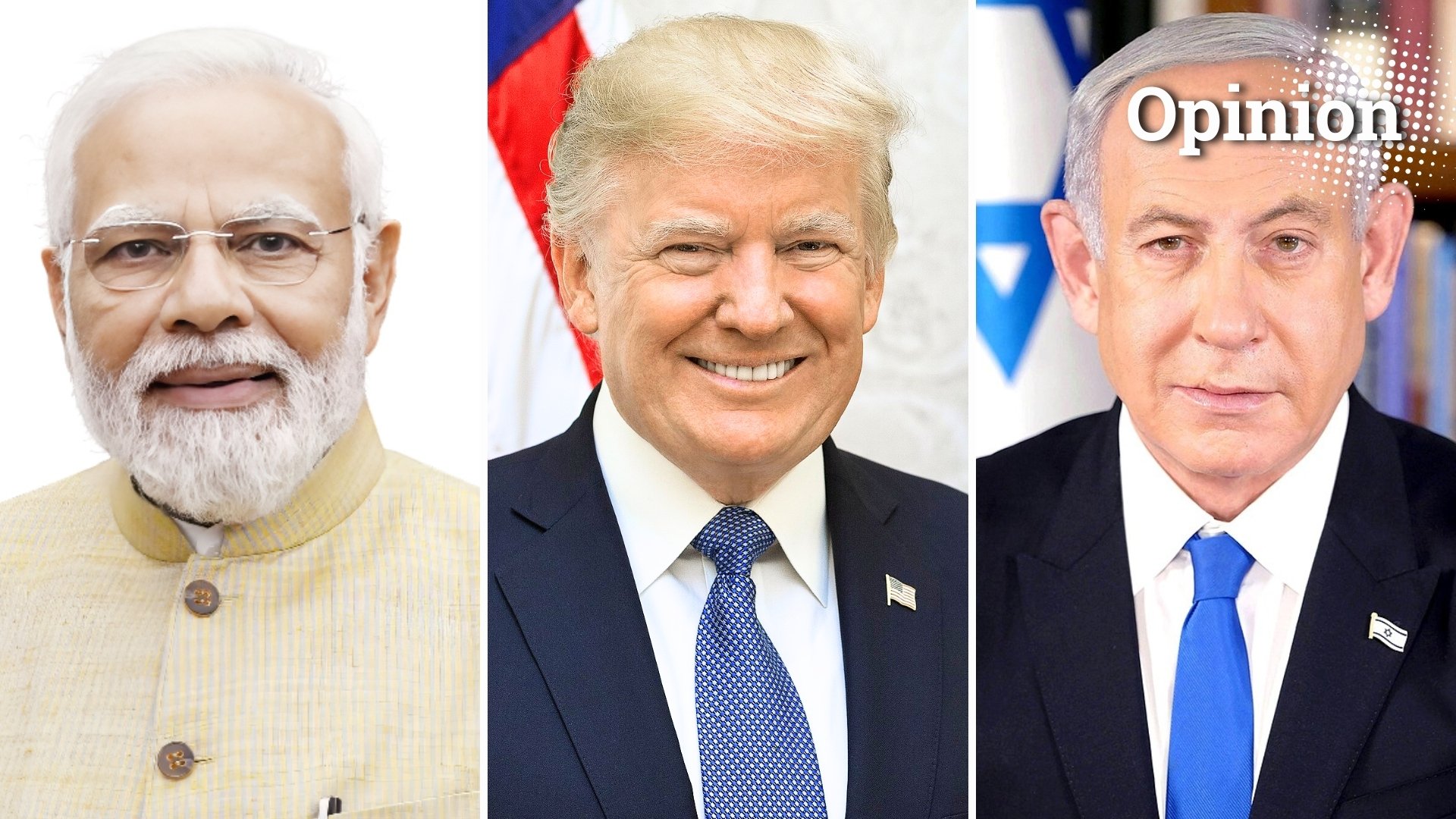Top Stories
Modi Bypasses Middle East Peace Summit, Signals Diplomatic Stance

Indian Prime Minister Narendra Modi has made headlines by opting not to attend a recent peace summit in Egypt, attended by over 20 world leaders, including US President Donald Trump and Egyptian President Abdel Fattah El-Sisi. The summit, held at the Red Sea resort of Sharm El Sheikh, aimed to address escalating tensions following a ceasefire between Israel and Hamas in Gaza. Instead, India was represented by Minister of State for External Affairs Kirti Vardhan Singh, a move that has sparked speculation about the implications for India’s diplomatic relations.
The absence of Modi at the summit coincided with the presence of Pakistani Prime Minister Shehbaz Sharif, leading to suggestions that this was a key factor in Modi’s decision. Additionally, there are concerns regarding Trump’s recent imposition of a 50% tariff on Indian goods entering the United States, viewed by some as a punitive measure for India’s continued oil purchases from Russia. Despite these tensions, Modi publicly congratulated Trump on the ceasefire, indicating that while trade relations may be strained, diplomatic communication remains intact.
Declining the invitation to the summit may signal Modi’s intent to express dissatisfaction with Trump’s trade policies. However, Modi’s relationship with Israel remains robust. On social media platform X, Modi praised Israeli Prime Minister Benjamin Netanyahu for his “strong leadership” in the pursuit of peace in the region. This endorsement aligns with the growing trade relationship between India and Israel, highlighted by a recent bilateral investment deal during the visit of Israeli Finance Minister Bezalel Smotrich to India, where both nations pledged to enhance cooperation in cyber-security and defense.
India’s decision to abstain from the Sharm El Sheikh summit may also reflect a broader, more cautious stance regarding the long-term viability of peace in Gaza. The region has suffered catastrophic destruction, with civilian casualties reported to be nearing 70,000. The situation is further complicated by the rise of Hamas, which now fills the security vacuum created by the partial withdrawal of Israeli troops following the conflict initiated by Hamas’s attack on Israel on October 7, 2023.
India has historically supported a two-state solution to the Israel-Palestine conflict. Yet, its position has often been ambiguous, particularly regarding Israel’s actions towards Palestinian territories. India has repeatedly abstained from United Nations resolutions critical of Israel, including a vote in 2024 that called for a lasting ceasefire in Gaza. Recently, however, India appears to have shifted its diplomatic approach, aligning more closely with the international community in advocating for measures to foster “lasting peace.”
Modi’s nuanced stance, characterized by a careful balancing act between trade relationships and international diplomacy, reflects the complexities of the current geopolitical climate. As India navigates its foreign policy in relation to both the United States and Israel, its decisions will likely continue to attract attention and scrutiny in the coming months.
-

 World4 months ago
World4 months agoTest Your Knowledge: Take the Herald’s Afternoon Quiz Today
-

 Sports4 months ago
Sports4 months agoPM Faces Backlash from Fans During Netball Trophy Ceremony
-

 Lifestyle4 months ago
Lifestyle4 months agoDunedin Designers Win Top Award at Hokonui Fashion Event
-

 Entertainment4 months ago
Entertainment4 months agoExperience the Excitement of ‘Chief of War’ in Oʻahu
-

 Sports4 months ago
Sports4 months agoLiam Lawson Launches New Era for Racing Bulls with Strong Start
-

 World5 months ago
World5 months agoCoalition Forms to Preserve Māori Wards in Hawke’s Bay
-

 Health4 months ago
Health4 months agoWalking Faster Offers Major Health Benefits for Older Adults
-

 Lifestyle4 months ago
Lifestyle4 months agoDisney Fan Reveals Dress Code Tips for Park Visitors
-

 Politics4 months ago
Politics4 months agoScots Rally with Humor and Music to Protest Trump’s Visit
-

 Top Stories5 months ago
Top Stories5 months agoUK and India Finalize Trade Deal to Boost Economic Ties
-

 Health2 months ago
Health2 months agoRadio Host Jay-Jay Feeney’s Partner Secures Visa to Stay in NZ
-

 World5 months ago
World5 months agoHuntly Begins Water Pipe Flushing to Resolve Brown Water Issue









